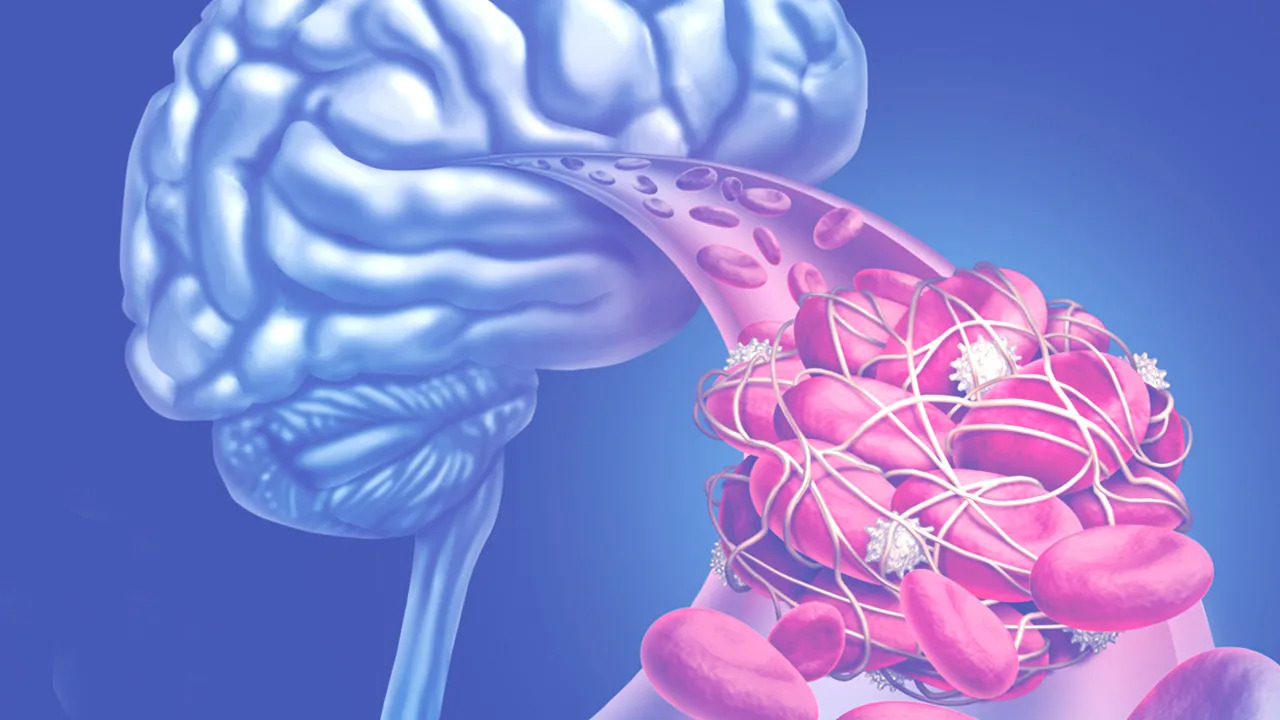Transient ischemic attacks (TIAs) are often referred to as mini strokes. They are temporary episodes of neurological dysfunction caused by a temporary disruption of blood flow to the brain. TIAs are often a warning sign of an impending stroke and should be taken seriously.
TIAs are caused by a temporary disruption of blood flow to the brain caused by a blood clot or a narrowing of the blood vessels that supply the brain. The most common cause of TIAs is atherosclerosis, plaque buildup in the arteries. Other causes of TIAs include:
• Blood clots.
• Heart disease.
• High blood pressure.
• Diabetes.
• Smoking.
• High cholesterol.
• Obesity.
• Family history of stroke or TIA.
Symptoms of Transient Ischemic Attacks (TIAs):
The symptoms of TIAs are like those of a stroke, but they are temporary and usually last less than 24 hours. The symptoms of TIAs include:
• Sudden weakness or numbness on one side of the body.
• Sudden difficulty speaking or understanding speech.
• Sudden vision changes in one or both eyes.
• Sudden dizziness or loss of balance.
• Sudden severe headache.
Diagnosis:
• Physical and neurologic exam.
• CT scan or MRI of the brain.
• Carotid ultrasound.
• Echocardiogram.
• Blood tests.
May help in the diagnosis.
The treatment of TIAs is aimed at preventing a stroke. Medications are usually prescribed to help prevent blood clots and lower blood pressure or cholesterol levels. Surgery may sometimes be necessary to remove artery plaque or repair a heart defect.
The best way to prevent TIAs is to reduce the risk factors for stroke, which includes:
• Quitting smoking.
• Maintaining a healthy weight.
• Eating a healthy diet.
• Exercising regularly.
• Managing high blood pressure, diabetes, and high cholesterol.
• Limiting alcohol consumption.
TIAs are temporary episodes of neurological dysfunction caused by a temporary disruption of blood flow to the brain. They are often a warning sign of an impending stroke and should be taken seriously. The best way to prevent TIAs is to reduce your risk factors for stroke.

Comments are closed.